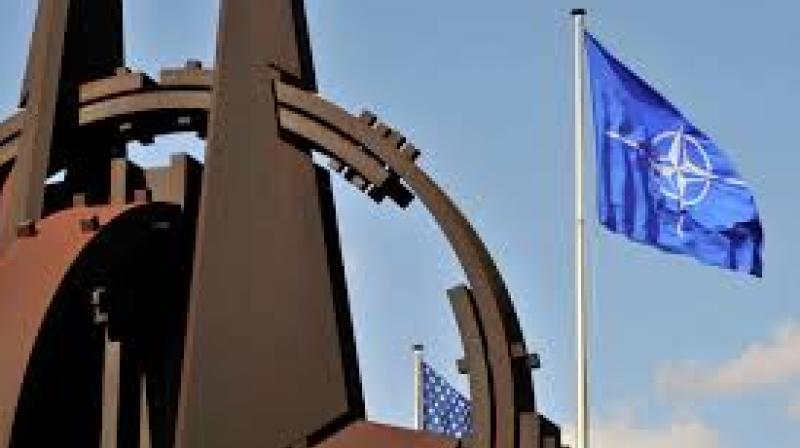Military China, resurgent Russia increase risk of war: NATO report
The report said defence spending had begun increasing after Russia's annexation of the Crimea region of Ukraine in 2014.

Berlin: China's growing military strength and a resurgent Russia will pose growing challenges to the trans-Atlantic alliance in coming years, and NATO's moves to bolster its capabilities could trigger a new Cold War-style arms race, a NATO report said.
The report, completed once every four years, identifies 20 global trends that are likely to affect the alliance through 2035, ranging from artificial intelligence and accelerating technology development to climate change and growing inequality.
General Denis Mercier, NATO Supreme Allied Commander Transformation, said the report showed a higher risk of major interstate war than in the 2013 report.
"We see a considerable increase in the risk of a major interstate conflict," Mercier said in an interview on the sidelines of the Berlin Security Conference.
His command will release a companion report that maps out what NATO should do to respond to these trends in the spring, with both documents to inform the 2019 NATO political guidance.
"Having a global awareness is more necessary than before. We have to be ready for any kind of scenario," Mercier said, noting that globalisation meant NATO had to weigh factors outside its region, including military expansion by China and India.
Easy access to technology and the global nature of cyberspace would make it easier for terrorist networks to expand, challenging the current near-monopoly that state actors have on high-tech weapons, the report said.
Environmental factors would also play a bigger role, from higher rates of natural disasters to the increased opening of the Arctic, the report said, as well as a growth in global debt and erosion of trust in financial institutions.
The report said defence spending had begun increasing after Russia's annexation of the Crimea region of Ukraine in 2014, and projections called for further increases through 2045.
But it warned that the increases "might create a security dilemma and start an arms race, as was the case during the Cold War".
It said competing budget priorities and fiscal constraints in member states could hamper their ability to meet NATO alliance requirement in the future.
Mercier said NATO was already working to expand its capabilities in the cyber domain, and to ensure cyber protections were baked into every weapons system and network from the outset.
"In NATO, we are under permanent attack in cyber," he said, noting that the alliance had proven "quite good" at protecting itself thus far, but needed to remain vigilant.

